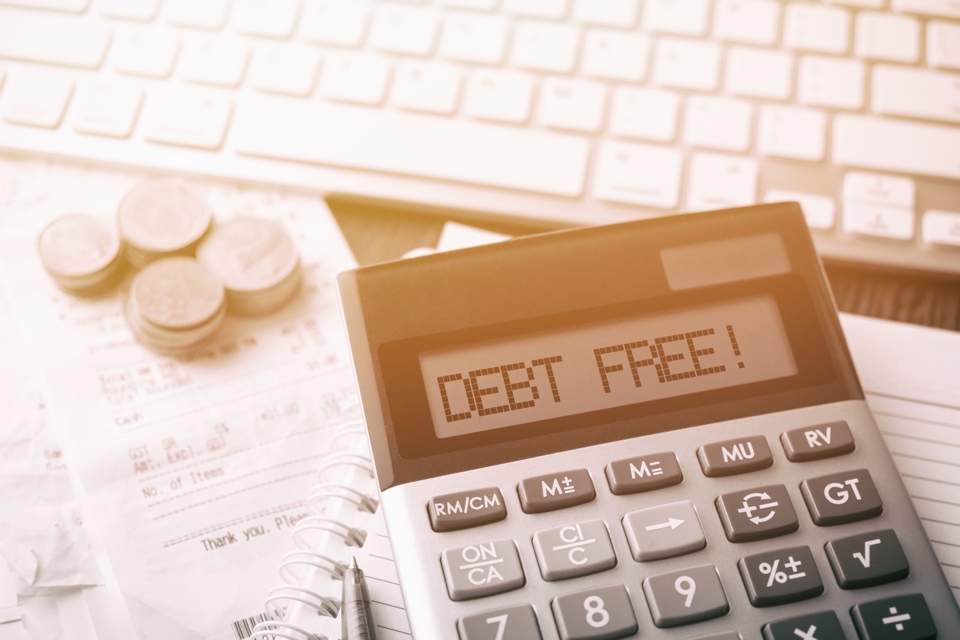On behalf of Trenton Grand of Grand Law Firm posted in chapter 13 bankruptcy on Wednesday, June 13, 2018.
Louisiana residents and others who are thinking about filing for bankruptcy can generally choose between filing for Chapter 7 or Chapter 13 protection. In a Chapter 7 case, eligible assets are sold with the money used to pay off as much debt as possible. In a Chapter 13 case, debts are reorganized and paid over a period of time. It is important to note that not all debts can be eliminated in a bankruptcy proceeding.
For example, it is not possible to discharge child support or certain types of tax debt. As a general rule, student loans can't be discharged either. To get rid of student loans in bankruptcy, it is necessary to show that a significant hardship would exist by continuing to repay them. Among debts that are eligible to be reduced or eliminated in a bankruptcy proceeding include mortgage balances, auto loans and personal loans.
Furthermore, credit card and medical debts can also be discharged by filing for bankruptcy. If the debt being erased is secured by collateral, a lender may be able to get the property back. For instance, it may be possible to take back a home or car after a mortgage or auto loan is done away within a bankruptcy proceeding. However, debtors can generally keep their property in a Chapter 13 case by sticking to the repayment plan.
Filing for Chapter 13 bankruptcy may make it easier to get a handle on monthly debt payments. In some cases, lenders will be willing to waive late fees and other penalties under a payment plan. If there is still a balance remaining on a debt at the end of the payment period, it may be discharged. An attorney may be able to explain the process of having debts discharged through bankruptcy.






